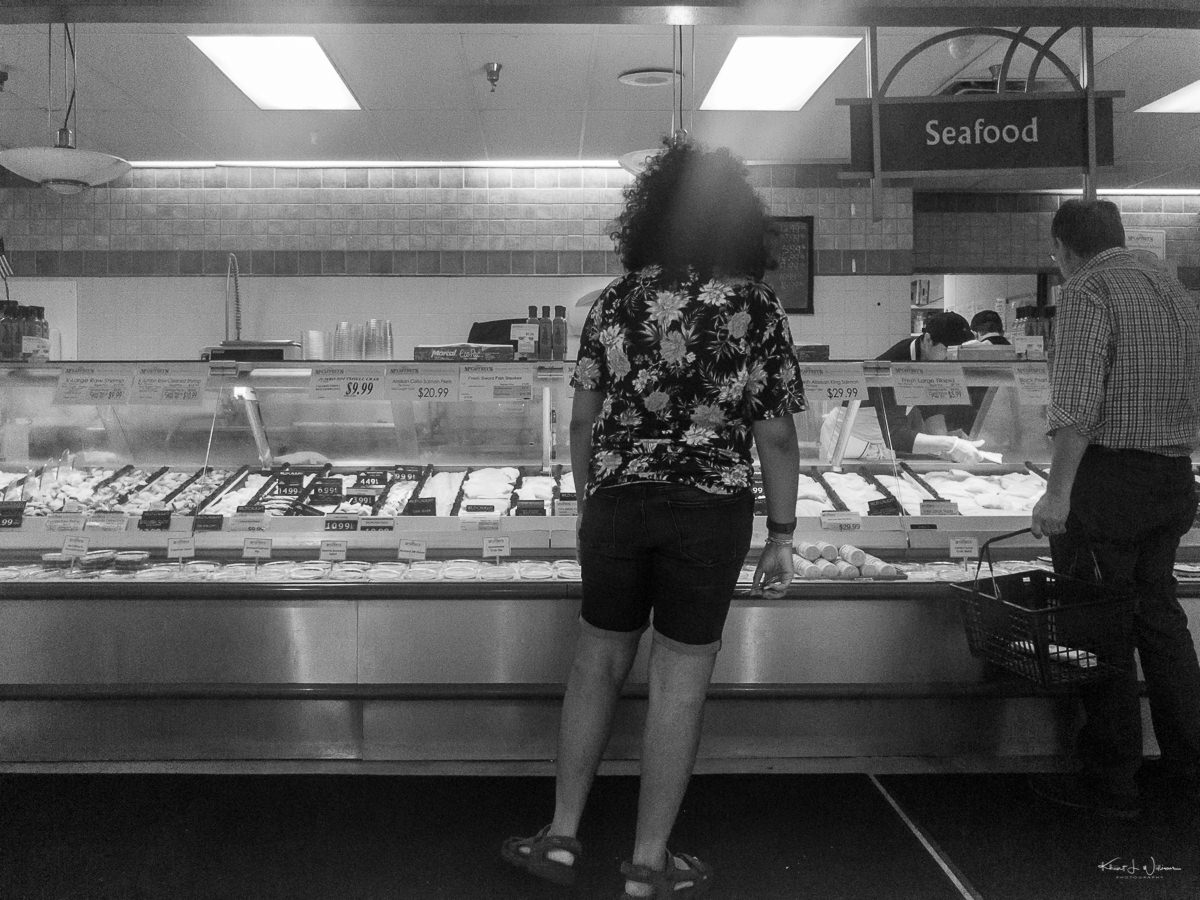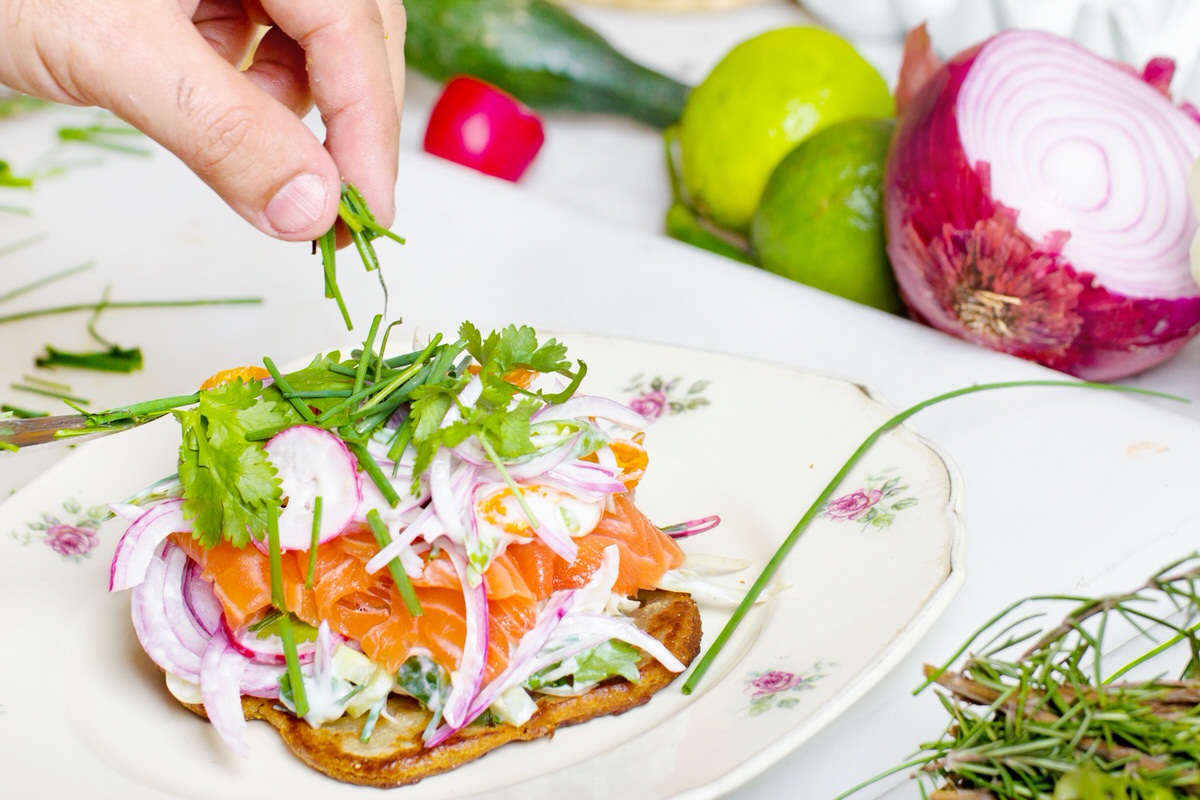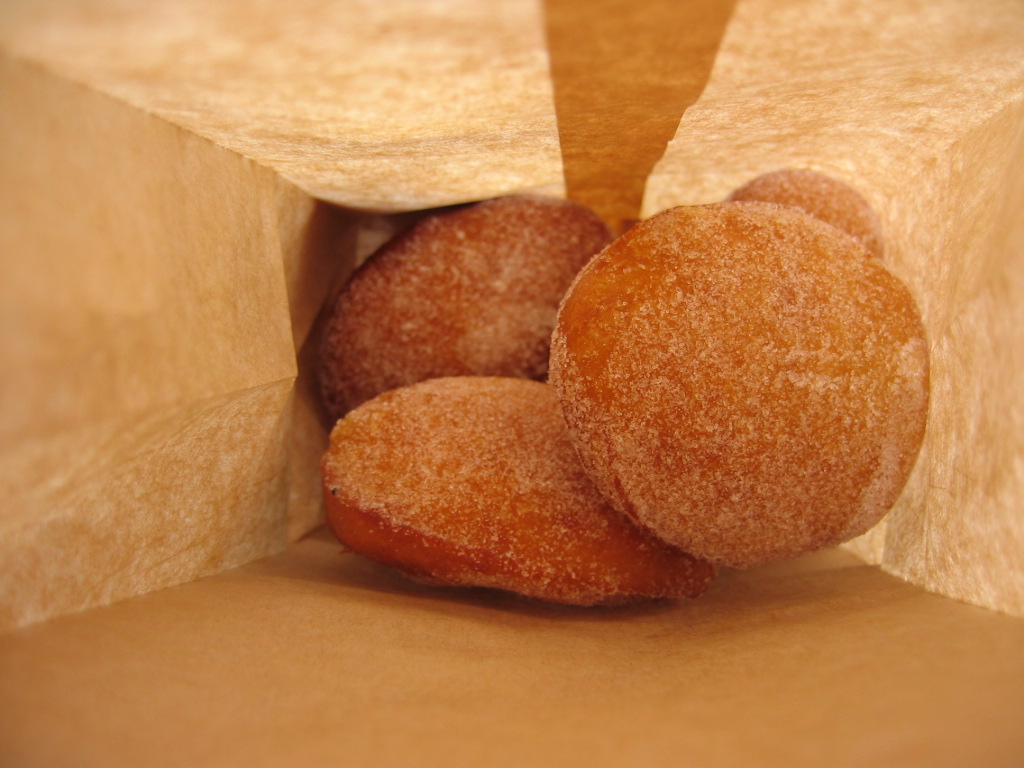Some of my friends and colleagues have tried to hard sell
me on the paleo diet with what always sounded like junk science. Given the diversity of ecosystems at the time, it made no sense to me that all humans from that period (spanning tens of thousands of years) ate the same diet. The more I looked into it, the more the Paleo Diet felt classists and racist. I am a Paleo Diet sceptic.
I am here because my West African, Scottish, Dutch, French, Kalinago ancestors survived in their environment. My maternal grandmother was a pescatarian (a Western word not one she would have used to describe herself), ate a lot of fruit and greens, and lived into her 90's and my maternal grandfather was too. My paternal great grandmother ate meat but very little of it. She lived to be 93. So it seems to me, that a paleo style diet would most likely be detrimental to my health. I should eat my ancestral diet.
What does that look like?
- Seafood - Mostly fish but really anything from the ocean including conch, whelks, lobster, whale and turtle.
- Meat - lamb. I do not recall eating beef when I lived on the islands. Not even hamburgers. The chicken was imported and mostly grilled or used in pilau.
- Greens - Kale is great but my grandparents never ate it. The most prevalent green on the island would be okra and the leaves of the dasheen plant, which is used to make calaloo. The tuber is also eaten.
- Vegetables and ground provisions - Breadfruit, plantain (aka cooking banana), christophene, okra, dasheen, eddoe, sweet potato, cassava, squash, maize
- Fruits - avocado, mangoes, prickly pear, guava, almond, cashew fruit, mamey sapote, sapodilla, custard apple, soursop, tamarind, papaya, coconut, plumrose, acerola cherry.
There are many more fruits and gound provisions that I can't remember. Notice that I did not list beef. I think my first taste of beef was when I moved to the United States. I didn't like it but since it seemed like the American thing to do, I ate my fair share of steak and burgers. A few years ago my eldest child said they did not like the taste of beef. But until earlier this year, my youngest relished her steak. I realised it was time. We no longer buy meat.
I am the process of evaluating my current diet with an eye toward a return to my ancestral diet which was rich in fish, ground provisions, and fruit.



